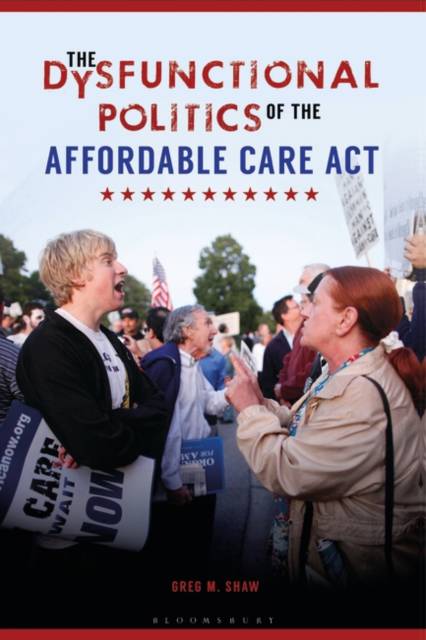
- Retrait gratuit dans votre magasin Club
- 7.000.000 titres dans notre catalogue
- Payer en toute sécurité
- Toujours un magasin près de chez vous
- Retrait gratuit dans votre magasin Club
- 7.000.0000 titres dans notre catalogue
- Payer en toute sécurité
- Toujours un magasin près de chez vous
81,45 €
+ 162 points
Description
While analyzing the contentious debate over health care reform, this much-needed study also challenges the argument that treating medical patients like shoppers can significantly reduce health expenditures.
This revealing work focuses on the politics surrounding the Affordable Care Act (ACA), explaining how and why supporters and opponents have approached the issue as they have since the act's passage in 2010. The first book to systematically examine public knowledge of the ACA across time, it also documents how that knowledge has remained essentially static since 2010, despite the importance of health-policy reform to every American. An important book for anyone concerned about the skyrocketing costs of health care in the United States, the work accomplishes three main tasks intended to help readers better understand one of the most important policy challenges of our time. The early chapters explain why congressional Democrats designed the Affordable Care Act of 2010 as they did, clarifies some of the consequences of the act's features, and examines why Republicans have fought the implementation of the law so fiercely. The study then looks at how the intersection of economics and politics applies to the ACA. Finally, the book details what the public knows-and doesn't know-about the law and discusses the prospects for citizens gaining the knowledge they should have about the overall issue of health-policy reform.Spécifications
Parties prenantes
- Auteur(s) :
- Editeur:
Contenu
- Nombre de pages :
- 224
- Langue:
- Anglais
Caractéristiques
- EAN:
- 9781440840029
- Date de parution :
- 24-05-17
- Format:
- Livre relié
- Format numérique:
- Genaaid
- Dimensions :
- 155 mm x 236 mm
- Poids :
- 517 g

Les avis
Nous publions uniquement les avis qui respectent les conditions requises. Consultez nos conditions pour les avis.






